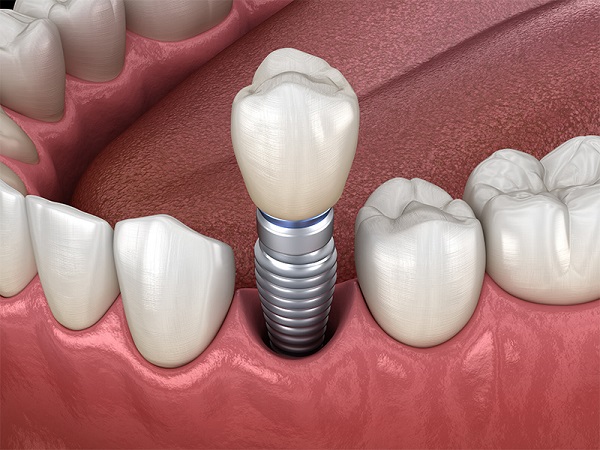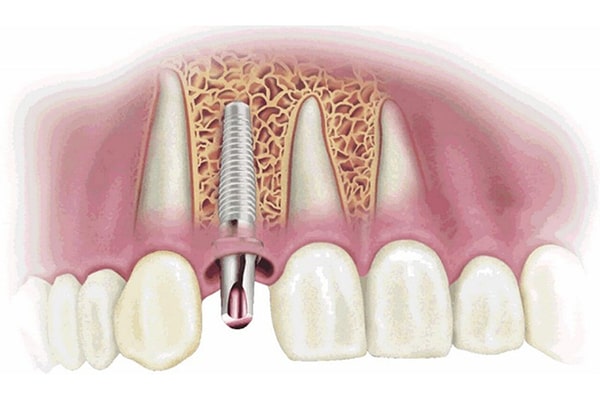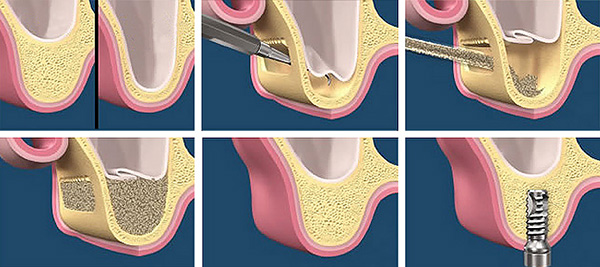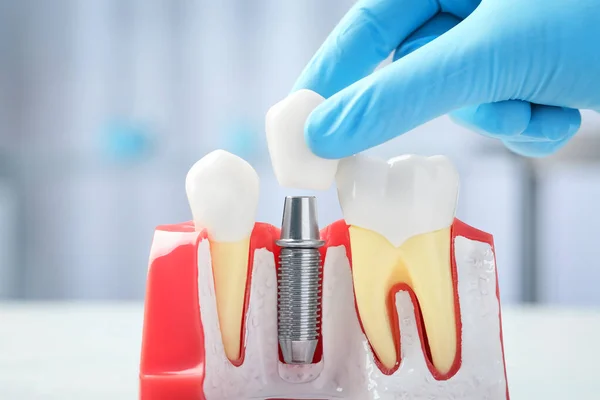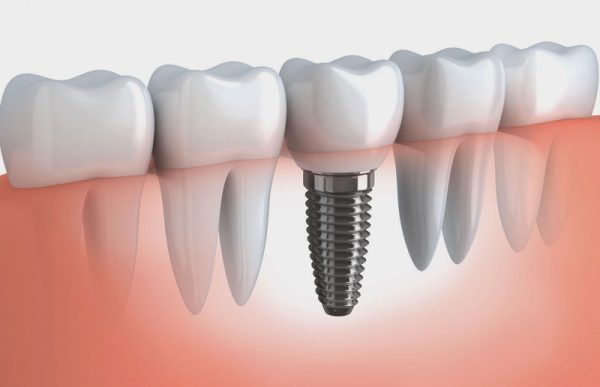Contents
Dental Bridges vs. Dental Implants: Which One is Right for You?
Missing teeth can affect your ability to eat and speak normally and may also take your confident smile away from you. Fortunately, modern dentistry offers several options to replace missing teeth, including dental bridges and dental implants. In this blog post, we will compare and contrast these two options to help you determine which one is right for you.
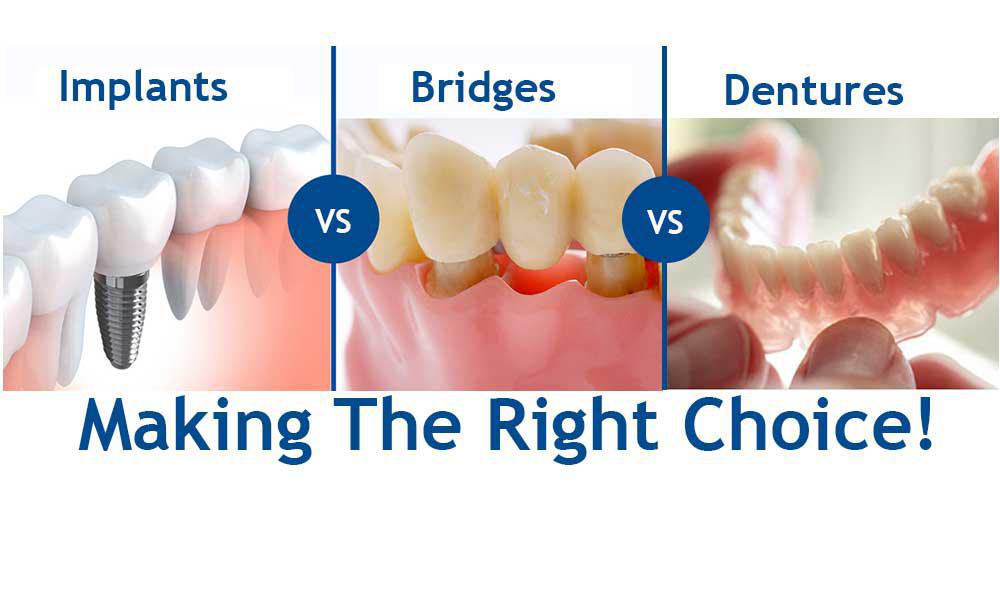
What are Dental Bridges and Dental Implants?
What are Dental Bridges?
Dental bridges are a popular and cost-effective alternative for individuals with missing teeth. If you’re missing teeth, a bridge may be an ideal solution for you, as it can improve your ability to speak, eat, and smile confidently. The process of getting a bridge involves creating a mold of your teeth, which will be used to create the pontics and dental crowns that will be fitted to your adjacent teeth. The crowns will be attached to the adjacent teeth, and the pontics will fill the gap left by the missing teeth. Bridges are typically made from durable materials such as porcelain or ceramic, which are designed to match the color and texture of your natural teeth, giving you a seamless and natural-looking smile. With proper care, dental bridges can last for many years, providing you with a long-term solution to missing teeth.
What are Dental Implants?
Dental implants are a highly durable and long-term solution for missing teeth. They are designed to be a permanent replacement for missing teeth, with a success rate of over 95%. The procedure involves the surgical implantation of a titanium post into the jawbone, which serves as a sturdy foundation for the replacement tooth. The post is biocompatible, meaning it is not rejected by the body and can fuse with the jawbone over time, creating a stable and long-lasting base for the replacement tooth. This process is known as osseointegration. Once the implant has fused with the jawbone, a dental crown is attached to the post, which can be custom-made to match the size, shape, and color of your natural teeth. With proper care and maintenance, dental implants can last for many years, providing a functional and aesthetically pleasing solution for missing teeth.
Advantages and Disadvantages of Dental Bridges
Outstanding advantages of Dental Bridges
Affordable
One of the most significant advantages of dental bridges is that they are an affordable option for replacing missing teeth. Compared to dental implants, which require surgical procedures and may be more costly, dental bridges are a more budget-friendly option that still provides a natural-looking solution. Additionally, most dental insurance plans cover bridges, making them accessible to more people.
Quick and Easy
Dental bridges are also a quick and easy solution for missing teeth. Unlike dental implants, which require several appointments and a healing period, dental bridges can be completed in just a few visits to the dentist. During the first visit, the dentist will prepare the adjacent teeth for the crowns, take impressions of your teeth, and place a temporary bridge. Then, once the permanent bridge is ready, it can be cemented into place during the second visit.
Restores Functionality
Dental bridges also restore the functionality of your teeth. When a tooth is missing, it can be challenging to eat and speak properly, which can affect your overall quality of life. A dental bridge fills the gap left by the missing tooth, allowing you to eat and speak with ease. Additionally, dental bridges prevent the surrounding teeth from shifting, which can cause further dental problems.
Disadvantages of Dental Bridges
While dental bridges offer many advantages, there are also some disadvantages to consider before choosing this option for replacing missing teeth.
Not Permanent
Unlike dental implants, which are designed to last a lifetime, dental bridges are not a permanent solution for missing teeth. Bridges usually last between 5 to 15 years before they need to be replaced. This is because the adjacent teeth that support the bridge can become damaged or decayed over time, which may require additional dental work to repair.
Can Cause Decay
Because dental bridges are anchored to adjacent teeth, they require those teeth to be capped with dental crowns. This process involves removing some of the natural tooth structure, which can weaken the tooth and make it more susceptible to decay. Additionally, because dental bridges are difficult to clean beneath, they can trap food particles and bacteria, leading to decay and gum disease.
May Not Be Suitable for Some Cases
Dental bridges are not suitable for all cases of missing teeth. If the teeth adjacent to the gap are not strong enough to support the bridge, or if there are many missing teeth, a dental implant may be the better option. Additionally, if the gap is in the back of the mouth, a dental implant may be more suitable because it can withstand the pressure of chewing better than a bridge.
Advantages and Disadvantages of Dental Implants
Outstanding Advantages of Dental Implants
Long-Term Solution
Unlike other options, such as dentures and bridges, dental implants are designed to last a lifetime with proper care. This is because the implant post is made of titanium, a biocompatible material that fuses with the jawbone, creating a strong and stable foundation for the replacement tooth.
Improved Oral Health
Dental implants also improve oral health. When a tooth is missing, the jawbone begins to deteriorate, which can lead to other dental problems, such as gum disease and tooth decay. Dental implants prevent this by stimulating the jawbone, keeping it healthy and strong. Additionally, dental implants do not require the alteration of adjacent teeth, which can weaken them and make them more susceptible to decay.
Natural Look and Feel
One of the most outstanding advantages of dental implants is that they have the look of natural teeth. They also feel just like real teeth. Unlike dentures, which can slip and slide, causing discomfort and embarrassment, dental implants are firmly anchored in the jawbone, allowing you to eat, speak, and smile with confidence. Additionally, because dental implants are custom-made to match the color, shape, and size of your natural teeth, they blend seamlessly, giving you a natural-looking smile.
Disadvantages of Dental Implants
While dental implants offer many advantages, there are also some disadvantages to consider before choosing this option for replacing missing teeth.
Cost
Dental implants can be more expensive than other options for replacing missing teeth, such as dental bridges and dentures. The cost of a dental implant can vary depending on the location of the implant, the number of teeth being replaced, and the individual case.
Time-Consuming
The process of getting a dental implant can be time-consuming. It involves several appointments, including the initial consultation, implant placement surgery, and attachment of the crown. Additionally, there is a healing period of several months before the implant can be fully functional.
Surgery
Getting a dental implant requires surgery, which can be intimidating for some people. The surgery involves making an incision in the gum tissue and drilling a hole in the jawbone to place the implant. While the procedure is generally safe and well-tolerated, it does carry some risks, such as infection and nerve damage.

Which One is Right for You?
When it comes to replacing missing teeth, you have two main options: dental bridges and dental implants. Each option has its own unique set of benefits and drawbacks, and the right choice for you will ultimately depend on your individual needs and preferences.
If you are looking for a solution that is quick and affordable, a dental bridge may be the right choice for you. A dental bridge involves attaching a false tooth to the surrounding teeth using dental crowns. This can be a good option if you only have one or two missing teeth and want to restore your smile quickly and easily.
On the other hand, if you are looking for a more permanent and long-lasting solution, a dental implant may be the better choice. A dental implant involves implanting a titanium post into the jawbone. Then, this post will integrate with the bone and become a stable foundation for the implant tooth. This results in a replacement tooth that looks, feels, and functions just like a natural tooth.
It’s important to note that dental implants may not be suitable for everyone, and they can be more expensive than dental bridges. However, they are often considered the gold standard for tooth replacement because of their durability and natural appearance.
In summary, the decision between dental bridges and dental implants is a personal one that should be made with the help of your dentist. By considering your individual needs and preferences, you can choose the option that is right for you and enjoy a beautiful, healthy smile for years to come.
Conclusion
Both dental bridges and dental implants have their advantages and disadvantages, and the right choice depends on your individual needs and preferences. If you are missing teeth, talk to your dentist about which option is right for you, and take the first step towards a healthier and more confident smile.







